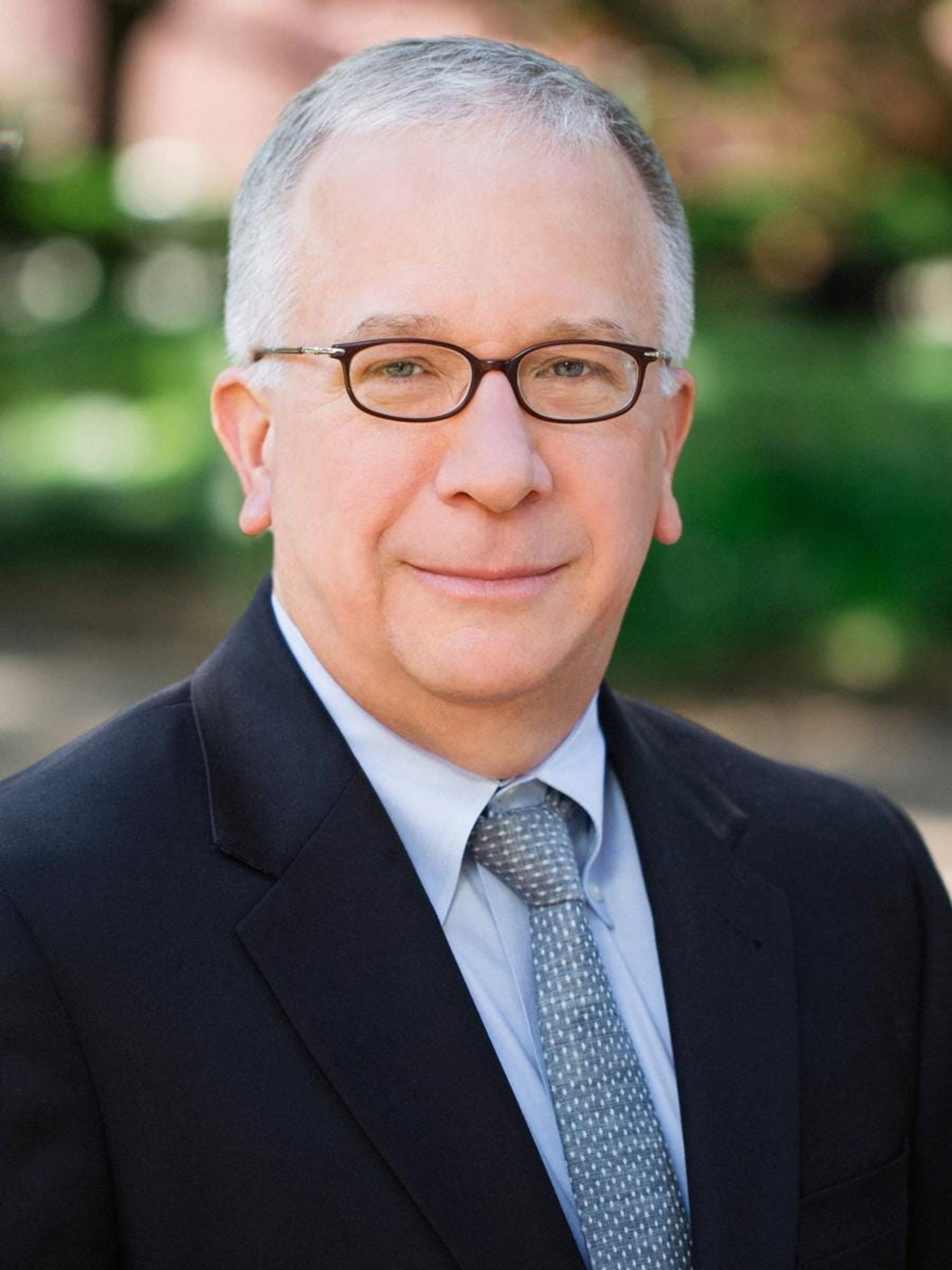Buddy Carter has never raised less than $1.2 million in a 1st District race. Can Wade Herring win?

Money isn’t everything, but during campaign season, few political assets are more important.
Just ask 1st District Rep. Buddy Carter. The Pooler native has managed to hold his congressional seat since winning it in 2014 and has raised $1.2 million or more in all four election cycles.
In his first race back in 2014, Carter raised $1.3 million of the campaign's total $1.8 million between April 1, 2013 and Dec. 31, 2014. The other $500,000 came from Carter's own wallet, under the Federal Election Commission's personal loan rules.

And after he got into Congress, the number only went up. From 2015 to 2016, it was $1.2 million — even though he was unopposed aside from a write-in candidate. From 2017 to 2018, he raised $2 million. In the 2019-2020 cycle, he raised $2.3 million.
The result? A vice grip on his seat that multiple Democratic challengers have tried and failed to loosen.
He beat Brian Reese, who raised $46,000 in 2014, with 60% of the vote; Carter ran unopposed in 2016.
In 2018, he beat Lisa Ring, who raised $224,000 in 2018 with 57% of the vote; and defeated Joyce Marie Griggs, whose campaign financing is not listed on the FEC’s website, in 2020 with 58% of the vote.
Carter had a challenge from his own party in the 2020 primary, Daniel Merritt, but still dominated, taking home 82% of the vote.
The closest Republican primary challenge was Bob Johnson back in 2014. He raised $1.1 million, but Carter came out on top in a runoff, winning 53% of the vote in the runoff.
This year, another Democrat will try to break Carter's streak: Wade Herring. The Savannah lawyer has known Carter for years — the two attend the same church, and after the Jan. 6 riots, Herring was part of the local political action committee that bought billboards and took out a full-page ad in the Savannah Morning News encouraging readers to "Remember the Capitol."

Herring is raising money quickly. He raised $113,000 in June, according to quarterly disclosures.
Carter, however, is still a fundraising force to be reckoned with, touting a healthy $1.8 million in the bank, $422,000 of which came from the first half of 2021.
Herring has already hit half of what Ring raised in 21 months. But does money always equal a victory?
Lara Wessel, a Georgia Southern University political science professor, says by itself, money doesn't win elections. But it can certainly help.
"Fundraising is important, but it rarely guarantees a win. Its biggest impact is it can generate excitement and name recognition," Wessel said.
And Herring has been doing just that. In multiple interviews, he has touted how much money he has raised. In a way, fundraising can be a litmus test: when people give money to a challenger, they are ready for change.
But Wessel says fundraising's most critical point is winning primaries. And Herring is currently the only Democrat to declare his intention to run.
"Fundraising has more of an impact in primary elections than general elections. In primary elections, candidates are campaigning against other people from the same political party. Money can help one candidate rise to the attention of voters. In the general election, voters are choosing between two parties - and voters are more likely to vote based on party identification than any other reason," Wessel said.
Also, there’s a difference between fundraising as a challenger and fundraising as an incumbent, especially for federal posts like this: the source of the money.
Carter’s 350 contributions include 204 individual donations, 58% of which come from Georgia. Additionally, Carter received 85 contributions from political action committees, 56 organizations and five committee contributions.
Herring, on the other hand, has 74 individual contributions but no money from PACs, committees or national organizations. Most of his contributions have been from people who live in Georgia: 41 contributions, about 55% of his total.
Carter has 140 home state donations, including 1212 individual donations. Additionally, 12 of Carter's in-state donations came from PACs, four came from organizations, two are from "Team Buddy" and one is from the Committee to Elect Alex Atwood, the chief magistrate of Glynn County.
Wessel said overall, a congressional incumbent has an advantage simply by being the incumbent. And when a candidate has been in office as long as Carter has, PACs start to notice.
"Once elected to Congress, most members are reelected — usually over 90% are reelected. One major reason members of the House are reelected at such a high rate is the way districts are drawn. If the majority of the population in a given district is Republican or Democratic — the candidate from that party is likely to win, and then keep winning. And, once an officeholder demonstrates they are likely to stay in power, they are more likely to receive donations from powerful PACs," Wessel said.
It will be an uphill fight for Herring, like the Democrats that challenged Carter before him. The 1st District is a sea of red counties, with Chatham and Liberty counties being the only consistently blue islands in the district.
And while the higher population of Chatham bridges some of the gap, Herring will have to make use of that money and thoroughly spread his message around the district if he doesn't want to become another name on Carter's list of previous opponents.
Will Peebles is the enterprise reporter for Savannah Morning News. He can be reached at wpeebles@gannett.com and @willpeeblessmn on Twitter.
This article originally appeared on Savannah Morning News: Buddy Carter has never raised less than $1.2 million in a 1st District race. Can Wade Herring win?
